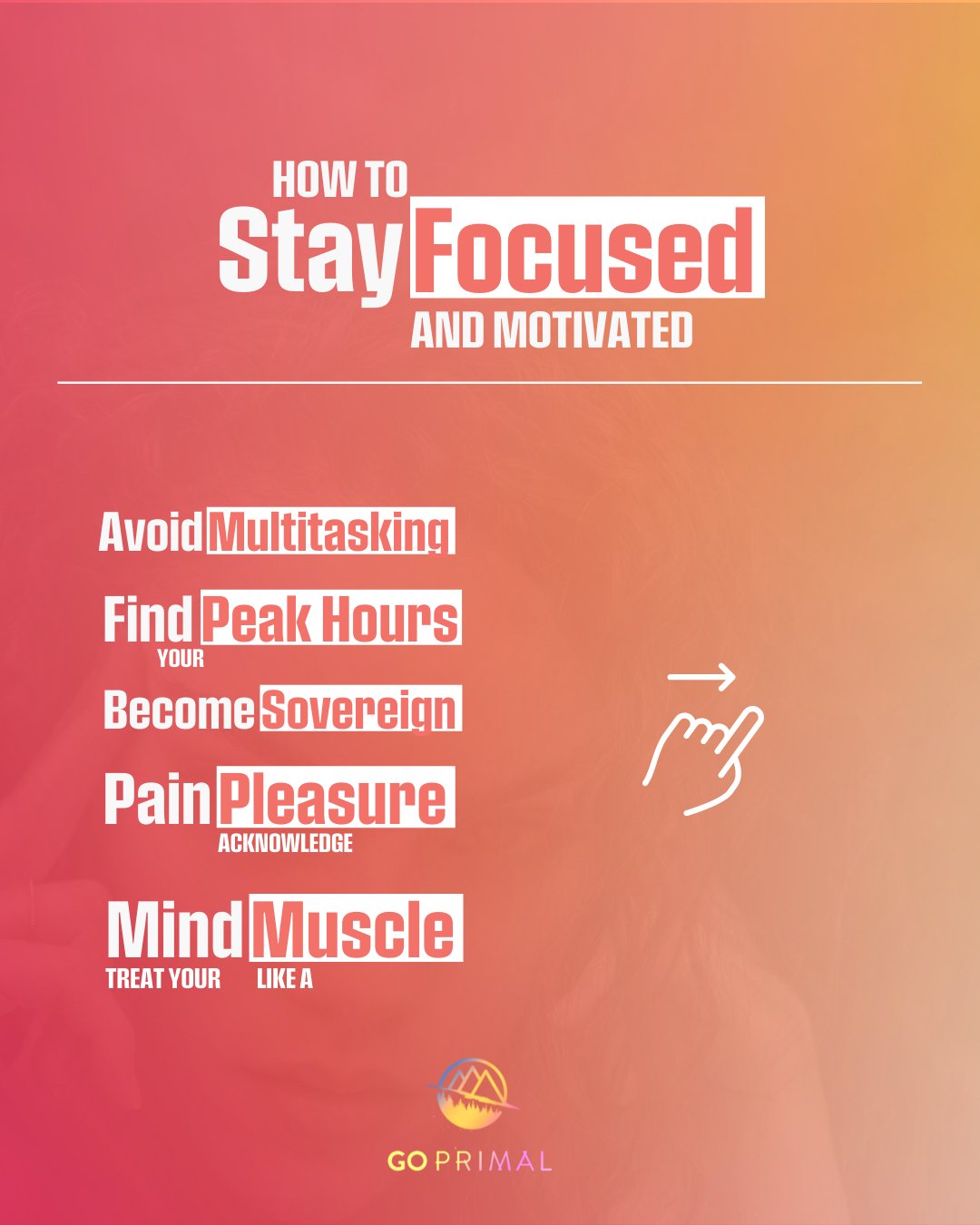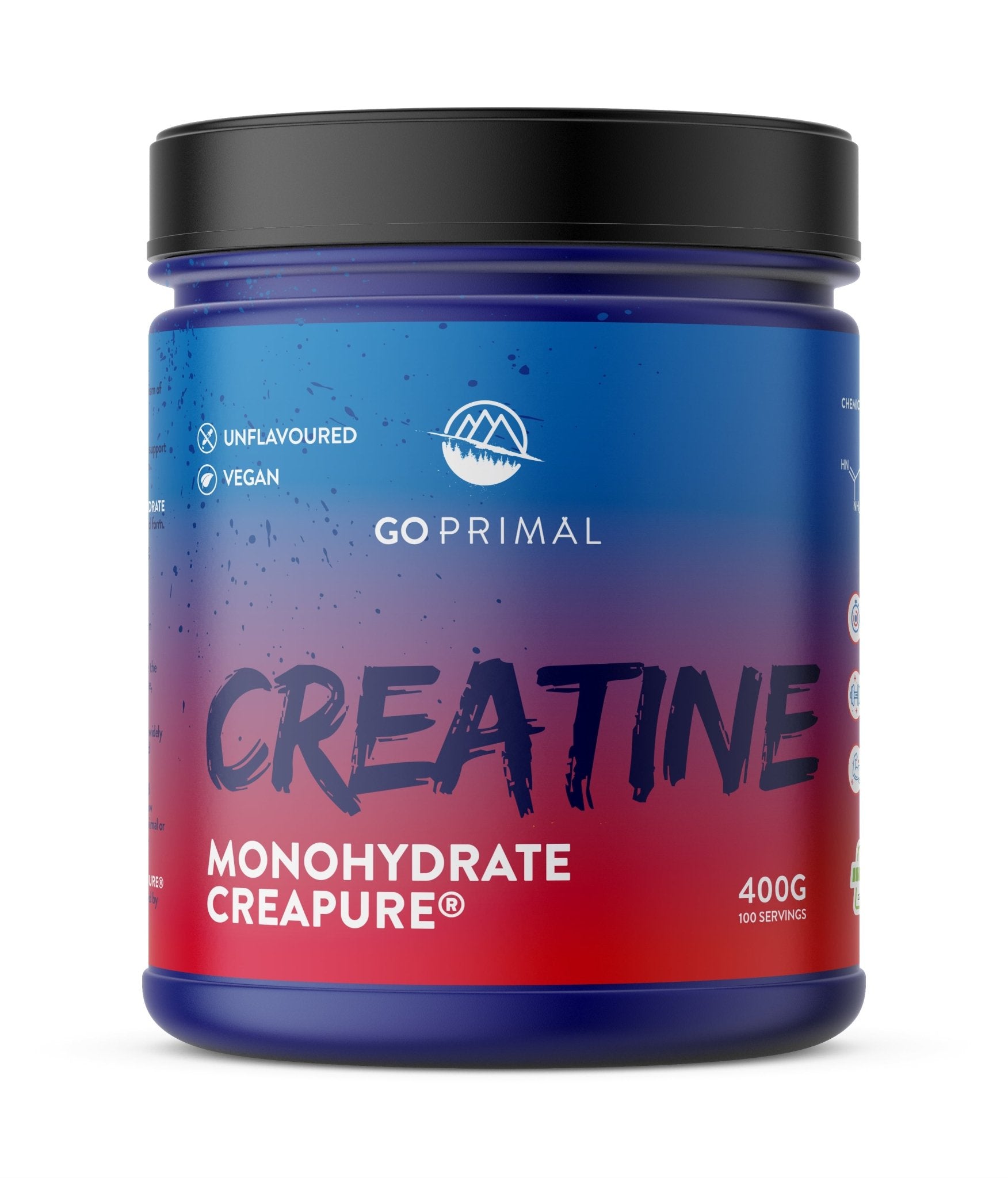
Why Omega 3, Magnesium and Zinc Are Important for Pregnant Women
💪 Pregnancy and the Importance of Omega 3, Magnesium, and Zinc
🤰 During pregnancy, especially for first-time mothers, many women experience nausea, fatigue, and other symptoms that make it difficult to maintain a balanced diet. However, this period is crucial for the health of the mother and the baby's development. A growing fetus needs balanced nutrients to ensure healthy development. Lack of these nutrients can lead to serious complications.
Among the most important nutrients during pregnancy are Omega 3, magnesium, and zinc, which are essential for a healthy gestation. Below, we will explain how these nutrients can make a difference during this very special period.
🌟 Benefits of Omega 3 During Pregnancy
Omega 3 is fundamental for the development of the fetus's brain and nervous system. In addition, this fatty acid contributes to the formation of the retina, intelligence, and overall health of the baby. It also benefits mothers by reducing inflammation, improving the immune system, and increasing energy levels.
✅ Recommended Dose:
Pregnant women should consume approximately 2000 mg of Omega 3 daily. This nutrient can be found in fatty fish such as salmon or in high-quality supplements such as Go Primal's Superior Omega 3.
If you play sports, consult the article on Omega 3 and muscle recovery to maximize the benefits during pregnancy and exercise.
💊 Magnesium and Its Effects During Gestation
Magnesium helps combat common problems during pregnancy, such as nausea, cramps, headaches, and insomnia. This mineral is key to preventing premature birth and improving the mother's sleep quality.
🔗 If you want to know more about how to improve your hydration and replenish electrolytes, consult the article Magnesium and electrolyte drinks backed by science.
✅ Recommended Dose:
A daily intake of between 345 and 360 mg of magnesium is recommended. This can be supplemented with foods rich in this mineral, such as green leafy vegetables and nuts, or with specific supplements such as Hydrate Magnesium Electrolytes.
To understand more about the role of magnesium and zinc in physical performance, visit the article Benefits of magnesium, zinc, and vitamin B6 in sports.
🛡️ Zinc: Shield for Baby's Development
Zinc plays a crucial role in strengthening the immune system of both the mother and the fetus. This mineral promotes the proper development of the placenta, reduces the risk of intrauterine infections, and prevents premature births.
🔍 To explore strategies that improve hormonal balance and health during pregnancy, consult the article resistance training for pregnant women.
✅ Recommended Dose:
An intake of between 10 and 15 mg of zinc per day is advised, which you can find in foods such as lentils, pumpkin seeds, and yogurt, or in products such as Vitassist, the longevity multivitamin.
🥗 Foods Rich in Omega 3, Magnesium, and Zinc
If you want to obtain these nutrients from natural sources, here is a list of key foods:
Omega 3
- Salmon
- Sardines
- Chia seeds
- Flax seeds
Magnesium
- Green leafy vegetables such as broccoli
- Nuts and dark chocolate
- Legumes
Zinc
- Lentils
- Lean meat such as lamb
- Yogurt
💡 If you are looking to improve your gut health during pregnancy, try Probiotic Creamer Gutbiotic as an excellent supplement.
🔑 Conclusion
Pregnancy is a key time to take care of both the mother and the baby. Consuming enough Omega 3, magnesium, and zinc can make a difference for healthy development and safe gestation.
However, do not forget to consult your doctor before making any changes to your diet or adding supplements.
If you are looking to improve your well-being during pregnancy, check out products specially designed for your health, such as Focus and Power for concentration and energy.


